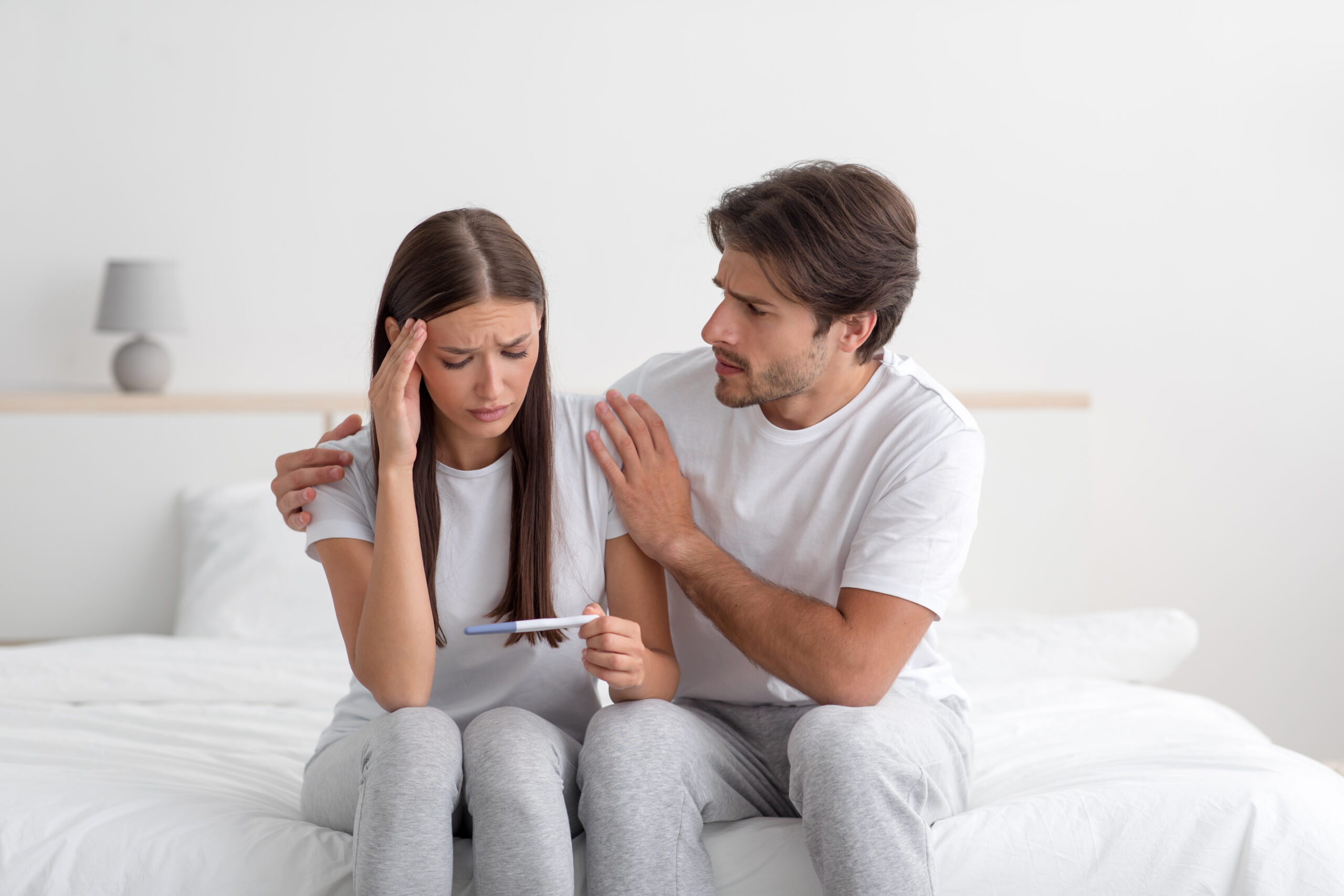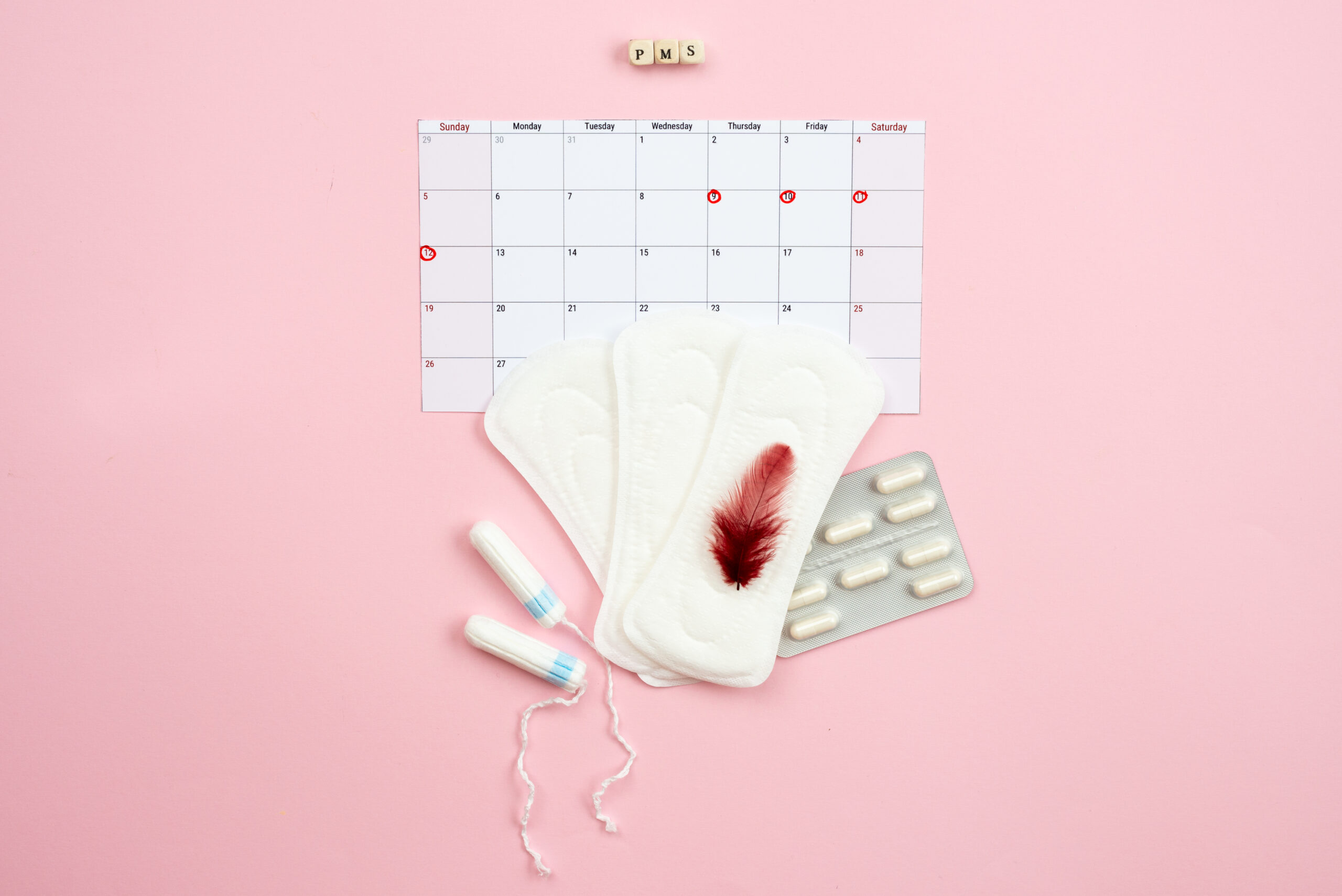There are many answers to the question posed in the title because how difficult or easy it is to conceive after the age of 40 is entirely individual. Some women get pregnant effortlessly, even on the first try or within a few months. While this isn’t the average at this age, it’s not impossible either.
Unfortunately, many encounter problems, often because their eggs are no longer of adequate quality, and their ovaries are beginning to deplete. Of course, there can be entirely different issues in the background that we strive to address, but the outcome is influenced by multiple factors.
It’s also part of the bigger picture that many women over 40 attend fertility examinations, but not all of them started trying at this age. In fact, most didn’t, but due to some known or unknown obstacle, their journey to parenthood has been prolonged until now—which somewhat skews the statistics.
Why Is It Harder After 40?
- Because the quality of eggs deteriorates. Unfortunately, the older we get, the older our eggs are, and poorer quality eggs are harder to fertilize. As time goes on, there are more of these, which becomes a significant hindering factor.
- Because the body is aging, and the conditions are less suitable for sustaining a pregnancy. Menopause may not be imminent, but its precursors can already be felt. Hormone levels change, which also affect reproductive organs, potentially making it harder to conceive.
- Because unresolved problems can become severe by this time. For example, if someone has endometriosis that hasn’t been diagnosed for a long time, the years will certainly not improve it. There are numerous issues that worsen over time, so the later a woman decides to have a child, the less favorable the prospects.
- Because the ovaries begin to deplete. That is, there are fewer and fewer eggs available for use.. Azaz egyre kevesebb lesz bennük a petesejt, akiket hadra lehet fogni.
Don’t Delay the Examination!
Despite all this, it’s not accurate to say that a couple in their 40s will necessarily have a hard time if they want a child. It largely depends on the couple’s health and how well the woman’s hormones are functioning.
Since time is a crucial factor at this age, I usually recommend skipping the “grace period” of half a year to a year that’s suggested for younger couples. Instead, you can start trying with a few basic examinations so that if something is amiss, it becomes apparent as soon as possible. This can save valuable months.






